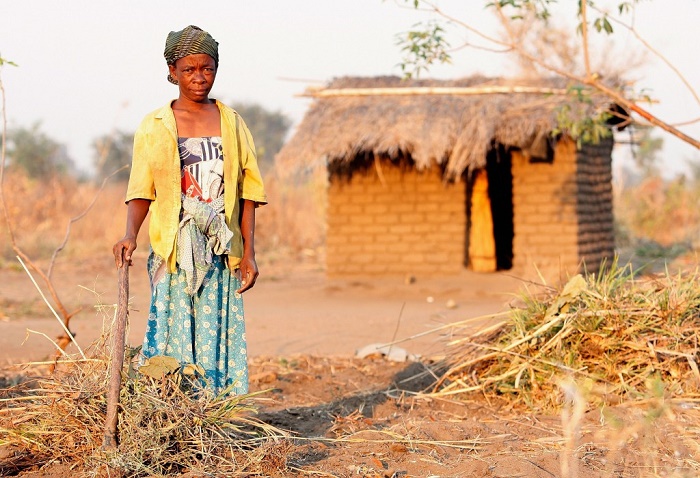Zambia wants to embrace lawmakers, among other partners in formulating anti-climate change policies which threatens its espoused attainment of a prosperous middle income status by 2030.
The Southern African state, though envisions being Africa’s food basket, evidenced by vast natural resources, is under threat by increased deforestation, forest, land degradation, unsustainable consumption, production, and pollution.
All the climatic factors heighten the frequency and intensity of adverse climate impacts including floods, droughts, biodiversity loss and increased poverty for the people. The Government has since become desirous to devise various blueprints including greening and climate change proofing all developmental processes, mainstreaming green growth and promoting.
Zambia’s minister of Green Economy and environment, Collins Nzovu notes that lawmakers-through a Parliamentary caucus were a critical component in the country adapting and becoming resilient in the fight against such vices because of their interaction with the electorate and influence in policy formulation and approval into law in the National Assembly.
Launching the strategic plan for the Zambian Parliamentary Caucus on the environment and climate change and the Kavango-Zambezi Transfrontier Conservation Area ((ZPCECC) meeting in Lusaka, Eng. Nzovu recognises lawmakers’ capacity to amplify voices.
The lawmakers are key in ensuring information on the environment and climate change reaches everyone in all the constituencies across the country for enhanced adaptive capacity and resilience to the adverse environmental and climate change impacts.
As Government endeavor to adapt various strategies including mainstreaming the climate change fight through the five-year-8th National Development Plan applicable until 2026.
The 8th NDP blueprint-dubbed a ‘pillar on environmental sustainability, a broader policy measure on the transition to a climate change resilient and inclusive green economy, lawmakers, like donors and other players remains vital in attaining the much espoused middle income status.
“The Zambian Parliamentary caucus on the environment and climate change can mobilize other Members of Parliament to provide an effective legislative framework on the environment and climate change and influence and monitor the implementation of the legislation and budgets.
He encouraged the Parliamentary caucus to help formulate a workable strategy which when executed will help ensure that information on the environment and climate change reaches all electorates in the more than 150-constituencies dotted across the country for enhanced adaptive capacity and resilience to the adverse environmental and climate change impacts.
And Second Speaker of the National Assembly of Zambia, Moses Moyo recognised the essence of Parliament in policy formulation and implementation into climate change laws as evidenced by the milestone made globally in recent years to help combat environmental and climate change issues, beyond the confines of legislation and oversight in Parliament hence the caucus.
The Caucus is an affirmation of the country’s resolve to address the effects of climate change and environmental damage at constituency level, where people who are most affected by these challenges are found.
Parliament is in dialogue with the Executive Committee of the ZPCECC to see how effective the Caucus can be in actualising the tree planting initiative, which the Zambian speaker had launched in July.
The initiative had emanated from a resolution adopted by Indonesian Parliament which compelled all lawmakers globally to seek to redress the climate crisis through strategies to mitigate the impacts of climate change in their respective countries.
The deputy Speaker stressed the need for all countries in the region to champion a trans-boundary Parliamentary approach in combating environmental issues and reminded the lawmakers on the need to manage the ecosystems like the Kaza region which is more complex than arrangements within a particular country.
Arguably, different governments need to cooperate and agree on certain key issues. The complexity is the mix of land uses within each country, which include national parks, community conservation areas and several towns and villages.
And Worldwide Fund for Nature (WWF) country director Nachilala Nkombo in her speed read by Beauty Mbale-the Freshwater programme Lead-Beauty Mbale stressed the urgency of the Parliamentary Caucus in spearheading the call for fighting climate change.
The launch of the strategic plan will culminate into the successful building of the institutional capacity and effectiveness amongst parliamentarians and improve public participation in the legislative processes as climate change becomes the major threat of the moment.
“Climate change is one of the most pressing issues of our time. Indeed, we are now talking about the climate emergency. The impacts of climate change are not only leading to environmental degradation but are also severely undermining development gains. “she noted, arguing: “the climate crisis is not only a critical concern of today, but also for the future.”
